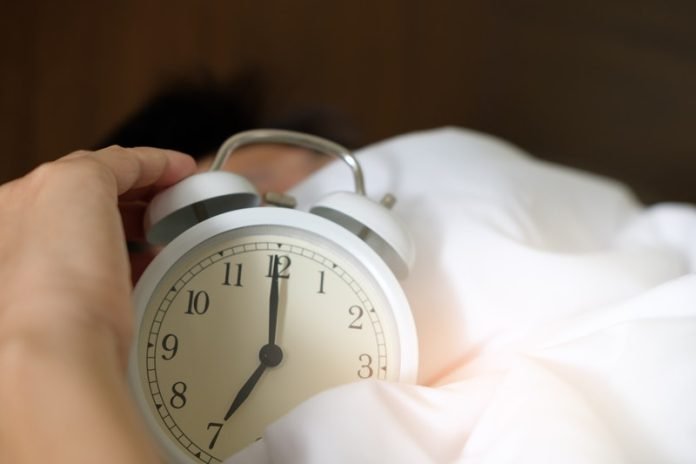
In a study from UCL, the University of East Anglia, and the University of Lyon, scientists found people sleep less in mid-adulthood than they do in early and late adulthood.
They found sleep duration declines in early adulthood until age 33, and then picks up again at age 53.
In the study, the team examined 730,187 participants spread over 63 countries and revealed how sleep patterns change across the lifespan, and how they differ between countries.
Study participants were playing the Sea Hero Quest mobile game, a citizen science venture designed for neuroscience research, created by Deutsche Telekom in partnership with Alzheimer’s Research UK, UCL, UEA and game developers Glitchers.
Designed to aid Alzheimer’s research by shedding light on differences in spatial navigational abilities, over four million people have played Sea Hero Quest, contributing to numerous studies across the project as a whole.
In addition to completing tasks testing navigational ability, anyone playing the game is asked to answer questions about demographic characteristics as well as other questions that can be useful to neuroscience research, such as on sleep patterns.
The researchers found that people sleep an average of 7.01 hours per night, with women sleeping 7.5 minutes longer than men on average.
They found that the youngest participants in the sample (minimum age 19) slept the most, and sleep duration declined throughout people’s 20s and early 30s before plateauing until their early 50s and increasing again.
The pattern, including the newly-identified key time points of age 33 when declining sleep plateaus and 53 for sleep to increase again, was the same for men and women, and across countries and education levels.
The researchers say the decline in sleep during mid-life may be due to the demands of childcare and working life.
People who report sleeping the most are in Eastern European countries such as Albania, Slovakia, Romania and the Czech Republic, reporting 20-40 minutes extra sleep per night and the least in South East Asian countries including the Philippines, Malaysia and Indonesia.
People in the United Kingdom reported sleeping slightly less than average. People tended to sleep a bit less in countries closer to the equator.
The researchers found that navigational ability was unaffected by sleep duration for most of the sample, except for among older adults (aged 54-70) whose optimal sleep duration was seven hours.
But they caution that the findings among older adults might be impacted by underlying health conditions.
If you care about sleep, please read studies about drug that can treat sleep loss and insomnia, and Mediterranean diets could help people recover after COVID infection.
For more information about health, please see recent studies about how sleep may help you process emotions and reduce PTSD, and results showing Vitamin D deficiency may increase death risk.
The study was conducted by Professor Hugo Spiers et al and published in Nature Communications.
Copyright © 2022 Knowridge Science Report. All rights reserved.



